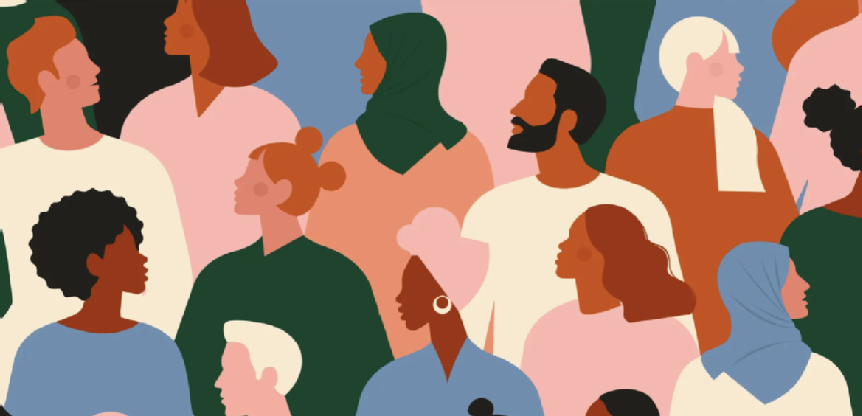The Normativity of Biopolitics - Daniele Lorenzini

Working draft of a talk delivered at the Dutch-Belgian Foucault Circle on 24 February 2021.
Daniele Lorenzini is Associate Professor of Philosophy at the University of Warwick.

Working draft of a talk delivered at the Dutch-Belgian Foucault Circle on 24 February 2021.
Daniele Lorenzini is Associate Professor of Philosophy at the University of Warwick.